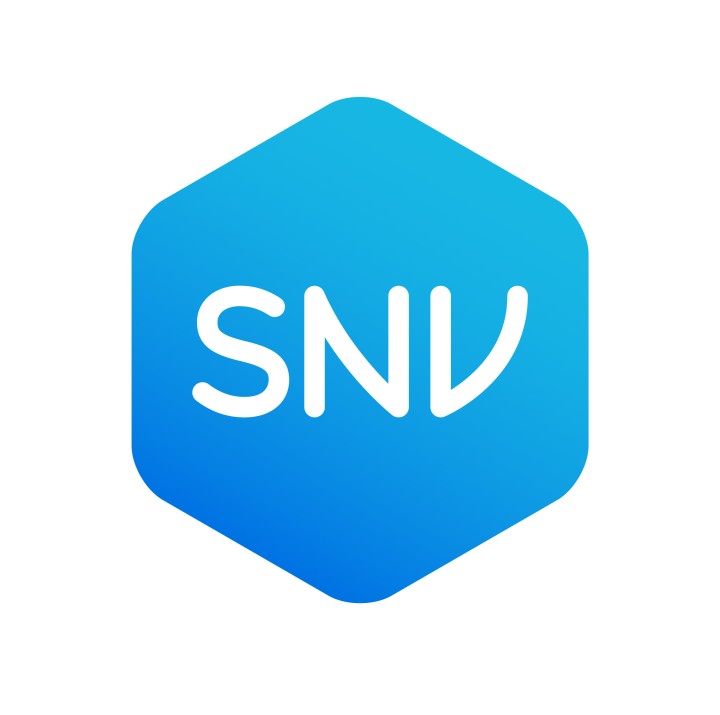Demonstration of pro-poor market-based solutions for fecal sludge management in urban centers of Southern Bangladesh To demonstrate financially viable and sustainable Fecal sludge management solutions for cities and towns in Bangladesh
SNV Netherlands Development Organisation
SNV
The project has developed and tested city-wide sanitation service delivery models for the two main types of urban centers in Bangladesh (city corporations and municipality) and thereby directly improving environmental health and well-being of the population, as well as demonstrating to sector stakeholders:
• How to integrate FSM business models that contributes to achieving city wide service delivery faster
• which roles the private sector can play in FSM and how they can be supported,
• How to ensure that these sanitation solutions are inclusive, benefitting poor households and workers, and not only wealthier neighborhoods
Current state of affairs:
This project is terminated on December 2017 but a follow up phase has been approved from January 2018 for 3 years under City Wide Inclusive Sanitation Engagement (CWISE) initiatives for Khulna and 2 years for Jhenaidah and Kushtia. The new program will support the local government and institutions for city wide safe sanitation services, and provide tailored support to the implementation of safe inclusive slum sanitation services. The program will also provide follow-up and minor support to Kushtia and Jhenaidah’s emerging FSM services, and will continue to work together with members of Bangladesh FSM Network to contribute to national discussions, policy and guidance.
Some of the outputs and learnings included (for more information please refer to the document attached below):
• An important part of the work of the program team and partners has been the raising of awareness and gaining of official support from national and local authorities. Providing field-based evidence has been integral. The program has been highly successful in this endeavor. The evidence generated by the program was instrumental in developing the institutional and regulatory framework (IRF) for FSM at national level.
• The program also worked on setting up an integrated GIS based sanitation information management system to provide a solid base for Local Government Institutions (LGIs) for better planning and decision making on urban services, including FSM. The database brought together information from the three different authorities in the Khulna area: the city cooperation, the utility, and the development authority.
• While working with the emptier community in Bangladesh, we worked with both manual and mechanical emptiers. The former is a large group, with little social mobility. The program built an emptier data base, which was endorsed by the LGIs, recognizing the importance of formalizing this area of work, developing their skills and gradually moving towards a decent and safe job. The program also developed and trained emptiers on occupational safety and health, with technical support from the local universities.
Mission
The key objectives of the project were: • Increase demand and willingness to pay among the population for safe sanitation facilities and safe desludging services • Viable business models for sanitation targeting different consumers segments developed, tested and established. • Citywide service delivery framework and enabling conditions developed and adopted by local authorities • Financially viable acceptable and environmentally safe treatment and re-use technologies introduced, tested and integrated plans • Progress and lessons learned from the program are systematically documented, shared and promoted with key stakeholders at local and national levelApproach
Research or implementation partners: The project has been implemented under the leadership of local government institutions (Khulna City Corporation, Jhenaidah and Kushtia Municipalities) in collaboration with a group of institutions consisting of Khulna University (KU), Khulna University of Engineering and & Technologies (KUET), Khulna Water and Sewerage Authority (KWASA), WaterAid Bangladesh and SNV Bangladesh. These partners are considered “the core group” of this project who brought together different experiences in the sanitation sector and expertise in formal and informal private sector development. Based on the need different assignments were formulated and experts both individual and institutions were also involved. The project was DFID co-funded.Project description of second phase (2017 - 2020)
Answer questions about the project
Rajeev Munankami
rmunankami@snv.org
Filter / Tags
Market developmentCitiesPublic awareness, advocacy and civil society engagement Operation, maintenance and sustainable servicesBehaviour changePolitical processes and institutional aspectsSpecific to one or several countriesEmptying and transport (non sewered)Treatment of faecal sludgeResource recovery Enabling environment and institutional strengtheningFaecal sludge treatment processesUK governmentBill & Melinda Gates FoundationFaeces or faecal sludgeUrban (entire city)Urban informal settlements (slums)Politicians and local decision makersPractitionersFertiliserInternational NGO
Related Countries
Bangladesh
Downloads

Project location
